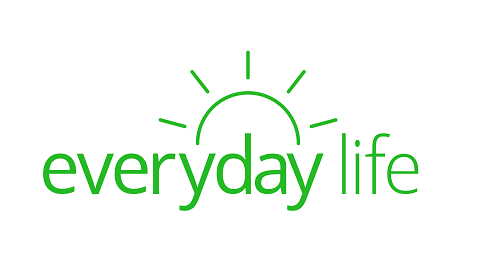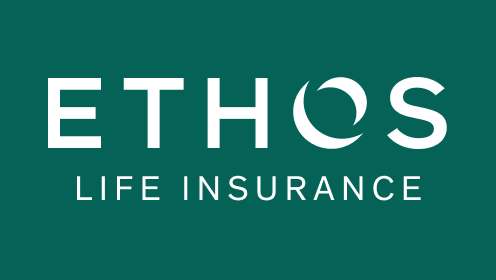The life expectancy for Americans with HIV has soared, but finding life insurancewhen you have HIV can still be a struggle.
Just as they would with any other potential customer, life insurance companies will typically ask about health status and medical conditions if you want to apply for a traditional term or whole life policy. Having the human immunodeficiency virus, as well as other serious medical conditions, can preclude you from obtaining traditional life insurance.
With traditional whole or term life insurance, you’re likely to need to undergo a physical exam or perhaps be asked to turn over your medical records. If you lie to cover up your HIV diagnosis, your application will be denied.
Fortunately, other options for life insurance exist if you’re living with HIV.
HIV today
Currently about 1.2 million Americans are living with HIV, with about 50,000 new infections diagnosed each year, according to the Centers for Disease Control and Prevention.
A study published with PLOS ONE in 2013 found that an HIV-positive 20-year-old who is treated with antiretroviral therapy, can generally be expected to live into his early 70s, which is only slightly lower than the population as a whole. There are still differences in life expectancy based on gender, race and other factors.
If you have an HIV diagnosis, here are some nontraditional life insurance options to consider.
Group life
If you’re looking to have your family’s financial obligations covered even after your passing, one option is group life insurance policy through your employer. These policies will be available to anyone in the company as part of the benefits package, and you won’t be required to undergo a physical exam. Some large associations also offer similar group coverage.
One drawback is that the coverage normally only remains in effect until you leave your employer. However, your policy may come with a conversion option. That means if you leave the company, you have the option to convert your group life policy to an individual policy, and a medical exam won’t be required.
These conversion policies tend to have expensive premiums, but it can provide you with an option for coverage that wouldn’t otherwise be available.
High-risk life insurance
Some insurance companies have agents who specialize in finding life insurance for high-risk individuals.
These agents work with people who have been diagnosed with a variety of medical conditions, including HIV, and can help you find coverage to meet your needs.
One key is to make sure your condition is well-controlled, which gives you a better chance at obtaining coverage.
Guaranteed-issue life
The upside of guaranteed issue life insurance is that you may be able to get the coverage regardless of your medical condition. Often you won’t have to answer health questions or have a medical examination. The downside is that the premiums are high.
And if you die within two years of the policy being issued, other than from being involved in an accident, all that your beneficiaries typically will receive are the premiums you paid, plus interest. But that might not be an issue, as Americans with HIV are now often living long lives.
These policies are usually only issued for small amounts, however, such as $10,000 or $20,000.
Accidental death
Accidental death insurance is another type of policy that will provide coverage without taking your medical condition into account.
Of course, it only kicks in if you are killed in an accident. It would typically cover you if:
- You’re killed in a plane, train, bus or other type of crash involving a common carrier
- You’re killed in a car wreck or when you’re a pedestrian
- You die from another type of accident
These policy amounts often tend to be low, but that money can help loved ones pay off debts or cover burial costs.
Funeral insurance
Speaking of burial costs, funeral insurance, also known as final expense insurance, can also provide support to your loved ones in the event of your death, and it too comes with no physical exam. With some policies, you may have to answer a few questions about your health, but other policies are guaranteed-issue.
Again, the pay-offs here are generally small — they are meant only to cover your funeral expenses — but every bit can help if you pass away unexpectedly.










